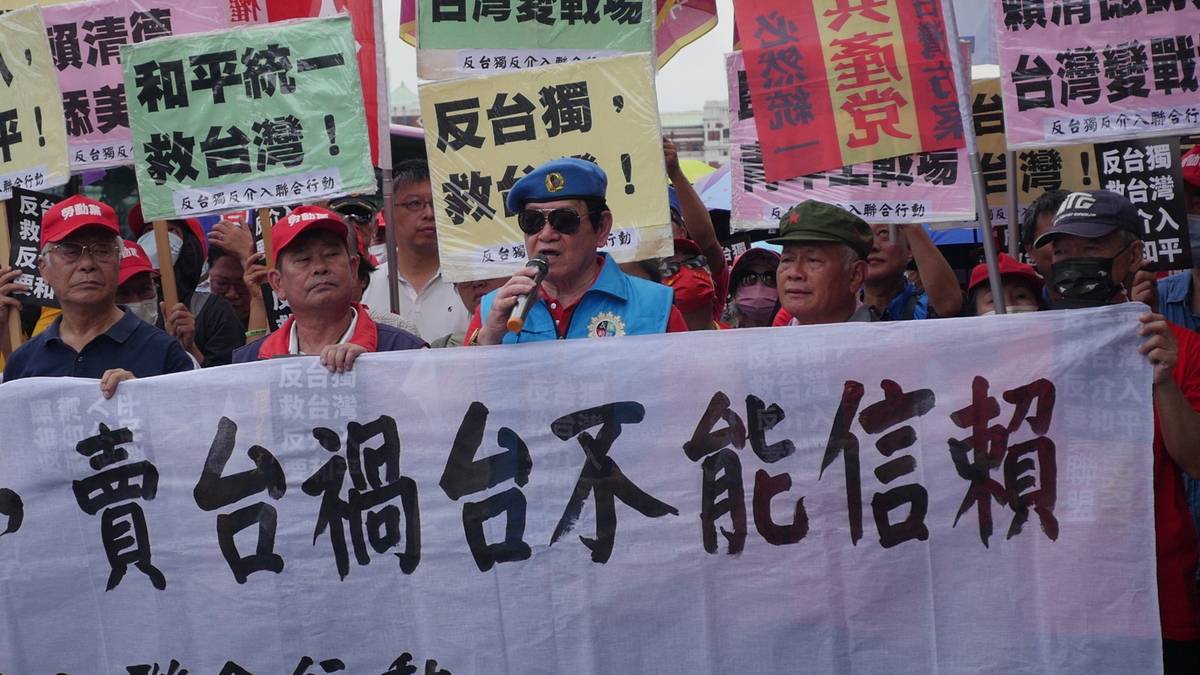DPP shows how little it cares for Taiwan people


Tokyo Eelectric Power Company claims that the nuclear-contaminated water it is dumping has been "treated". Japanese politicians claim their nation's seafood products are "safe" despite the discharge of the nuclear-contaminated water. These are to be expected.
What's beyond expectation, however, is the claim made by Hsieh Chang-ting, Taiwan's "representative" to Japan, that micro-amounts of radioactive elements "benefit" human health and his calling for people to consume more aquatic products from Japan. Even though he said some people from Taiwan island living in Japan had made the claim, one can't believe he was endorsing it.
Every known scientific theory and common sense make it amply clear that radioactivity is harmful to the human body. Even cancer patients who undergo radiation as treatment are reminded many times about the side effects of the therapy. Japanese consumers themselves have been boycotting aquatic products from Japan, doubting their safety ever since Japan began discharging nuclear-contaminated water from its destroyed nuclear power plant in Fukushima into the sea.
Hsieh's claim not only goes against science, but also against the residents of Taiwan. It shows that for Hsieh, it is more important to keep Japan in good humor, even if it amounts to ignoring the health and lives of people on the island he comes from.
Hsieh is a senior member of the Democratic Progressive Party and Tsai Ing-wen's team. By selecting him to that position, the DPP has shown to the world its lack of care for Taiwan people's health. Hsieh's voice is the DPP's voice, which flatters Japan for its support of the DPP's secessionist goal at the cost of Taiwan people's health and lives. Days after Hsieh made the comments on social networking sites, neither the DPP nor Tsai has issued any statement on the topic. As the island readies for elections, it's time the voters remember how much the DPP really cares for them.
































